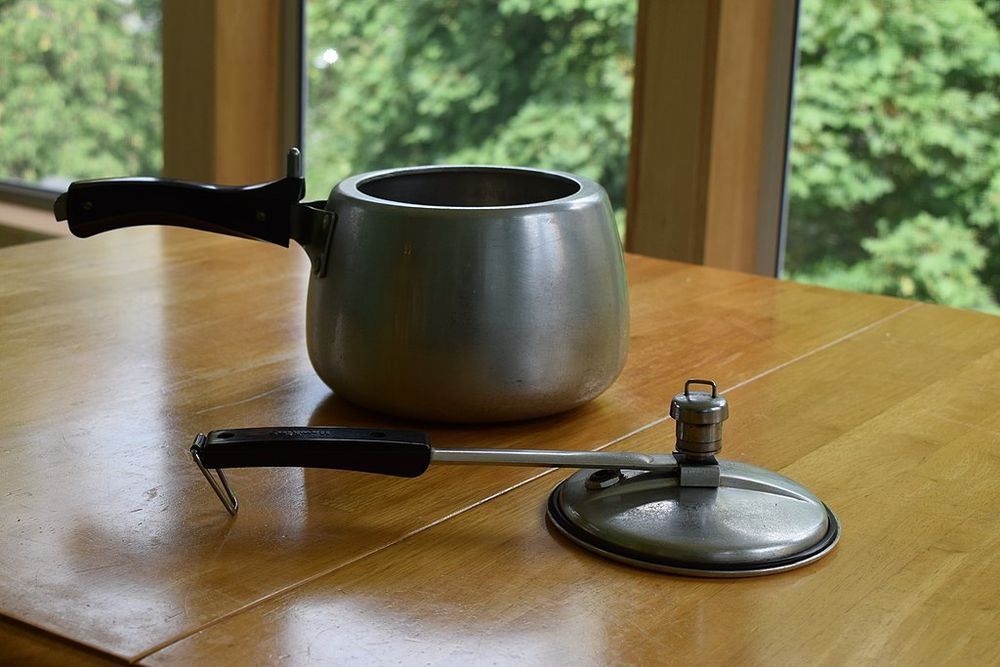For nearly 200 years, the steam engine powered the worlds machineries, but its origins were very humble.
Denis Papin was born in the village of Chitenay, near Blois, in 1647.
He attended the University of Angers, from which he graduated with a medical degree in 1669.

However, Papin was not destined to practice medicine.
The digester was made from two hollow brass cylinders pressed together by screws.
Food could be placed in an inner glass sleeve and cooked under pressure.

Papin soon realized that his digester could have wider system outside the kitchen.
The resultant steam drove a piston upwards where it was held in place by a latch.
Papin calculated that a larger machine could raise as much as 8,000 pounds four feet per minute.

Papin demonstrating his steam pump before the Royal Society of London.
Papin died in 1713.
At the time of his death, Papin was living in London, in poverty and in obscurity.

The last evidence of Papin’s whereabouts was a letter he wrote dated January 23, 1712.